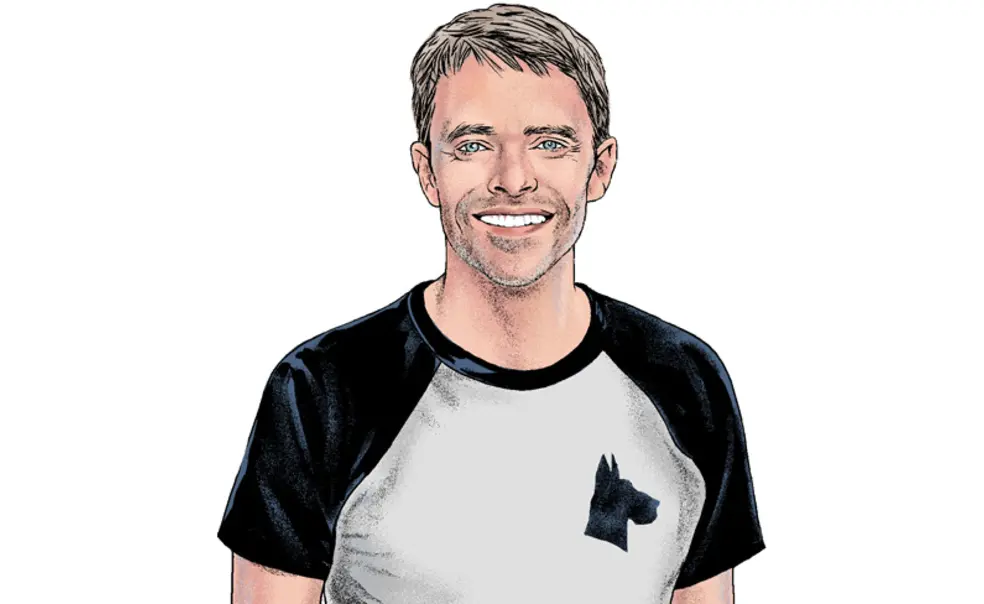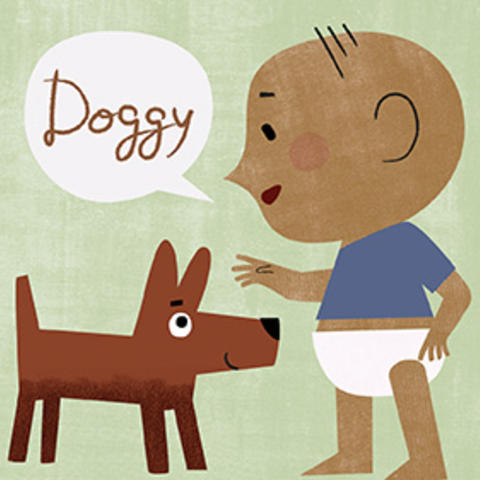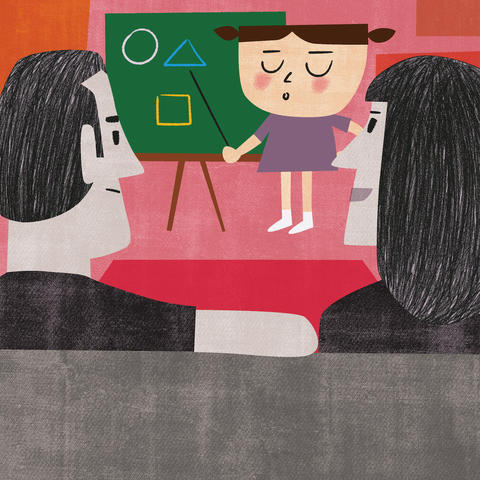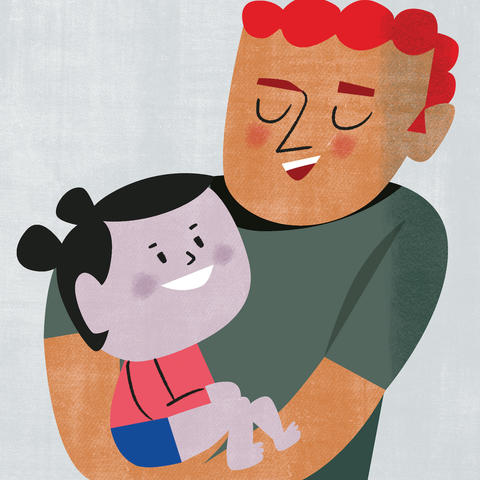Psychology Professor Casey Lew-Williams Seeks to Understand Babies’ Brains
Thanks to two college jobs — one at an emergency shelter for foster children and another at a preschool across the street from his dormitory — Casey Lew-Williams saw firsthand the deep impact a child’s social surroundings have on their development.“ I was captivated by how much children were shaped by their environments,” Lew-Williams says. Lew-Williams went on to earn his Ph.D. in psychology from Stanford and in 2014 founded the Princeton Baby Lab, which uses a combination of experimental, descriptive, computational, and social neuroscience approaches to understand how daily life impacts learning in young children.
“What can we learn about the dynamics of home environments through speech, interactions, communications, and emotions to get a window into variation across families, and how does that variability shape children’s learning?” In 2016, Lew-Williams co-founded, along with a team of developmental scientists, the ManyBabies consortium, a collaborative group of nearly 700 developmental scientists around the world who are committed to sharing research and best practices. “We’re using this to diversify our research questions, diversify our research participants, and even diversify our scholars.”
Quick Facts
Title
Professor of Psychology
Time at Princeton
11 years
Recent Class
Developmental psychology
Lew-Williams Research: A Sampling













1 Response
Richard M. Waugaman ’70
8 Months AgoFascinating Areas of Research
As a psychoanalyst, I find this utterly fascinating. The emphasis on emotionally loaded words, and on the active role babies take in their interactions, are crucial. It makes me think of the Montessori method of education, which also takes seriously children’s wisdom about how they best learn. And it challenges our assumption that father — and mother — always know best. Please follow up with more articles about Professor Lew-Williams and his team!